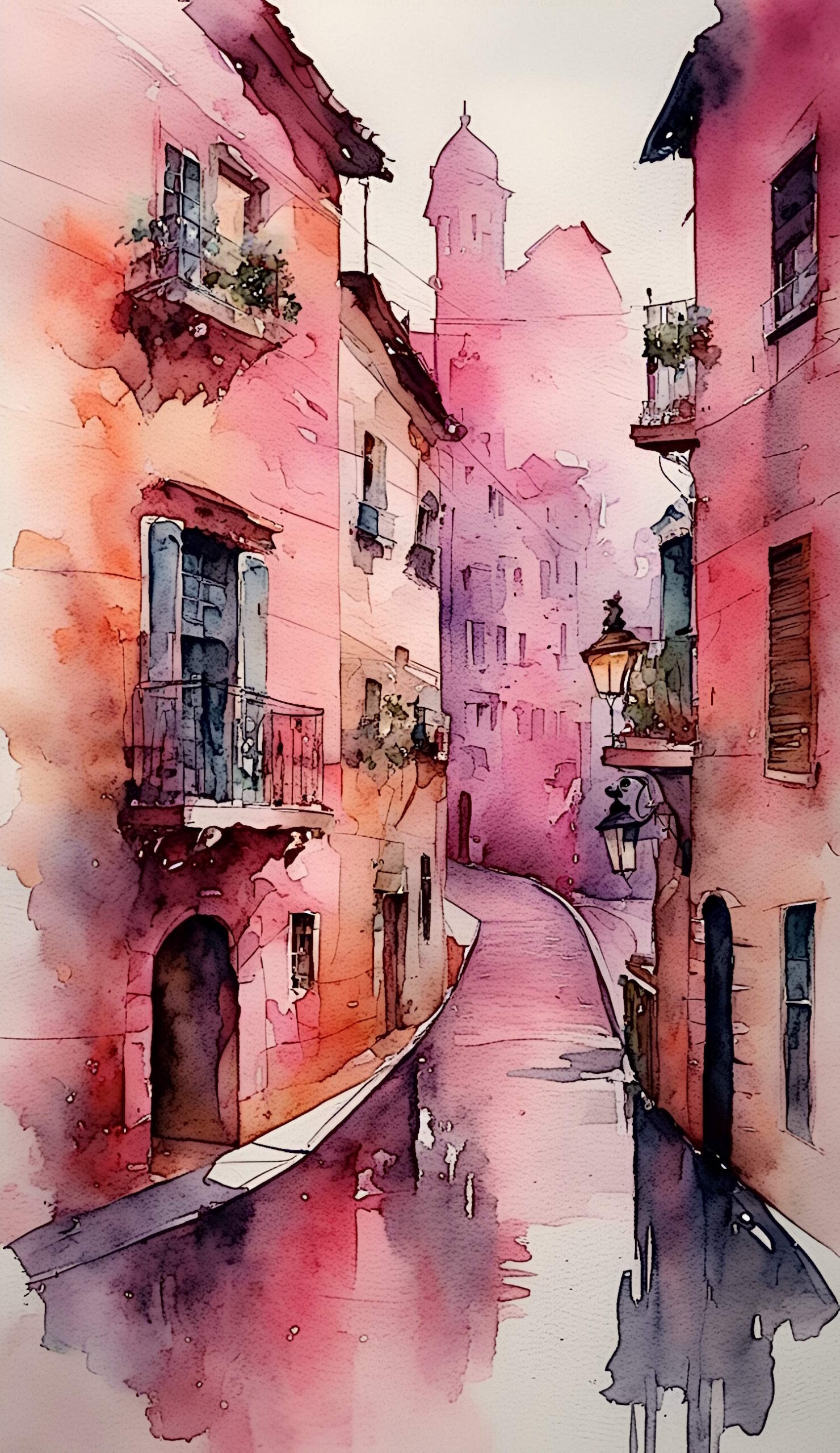-
Whenever I face the challenge of designing a new project, I really enjoy the initial stages of the process. First, meeting with clients and discovering what they want and sometimes don't even know they want, then sitting own and researching the subject, and finally…
Day: June 4, 2020
About
Life’s a painting and you’re the artist. But you are never finished. Each day is made up of a dozen different sketches, alone they will never be more than that, a sketch, yet they make up the context of our lives.
This is my sketch, one done with love.
Olivia
Recent Updates
Site Links

